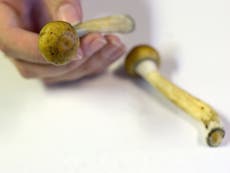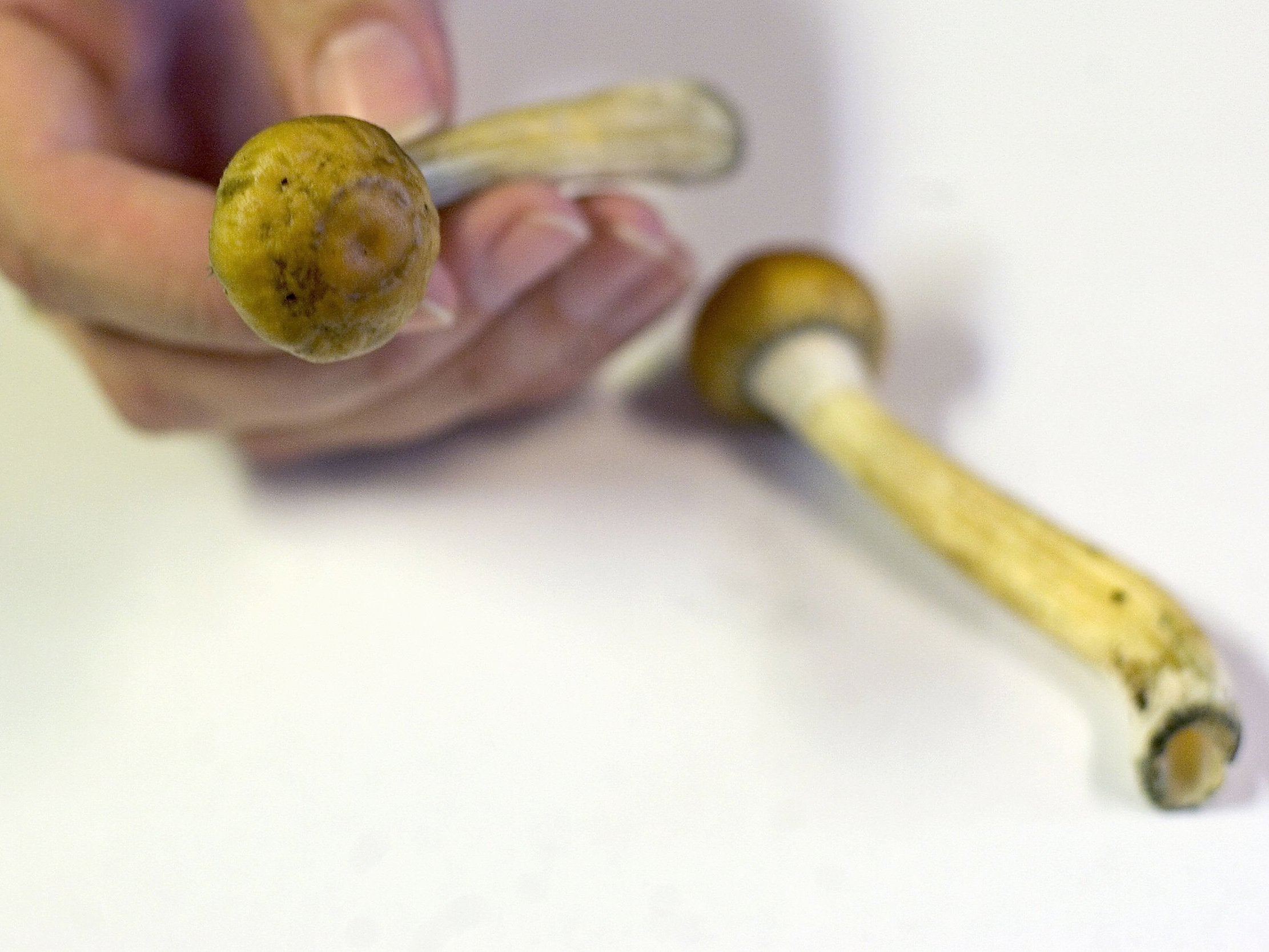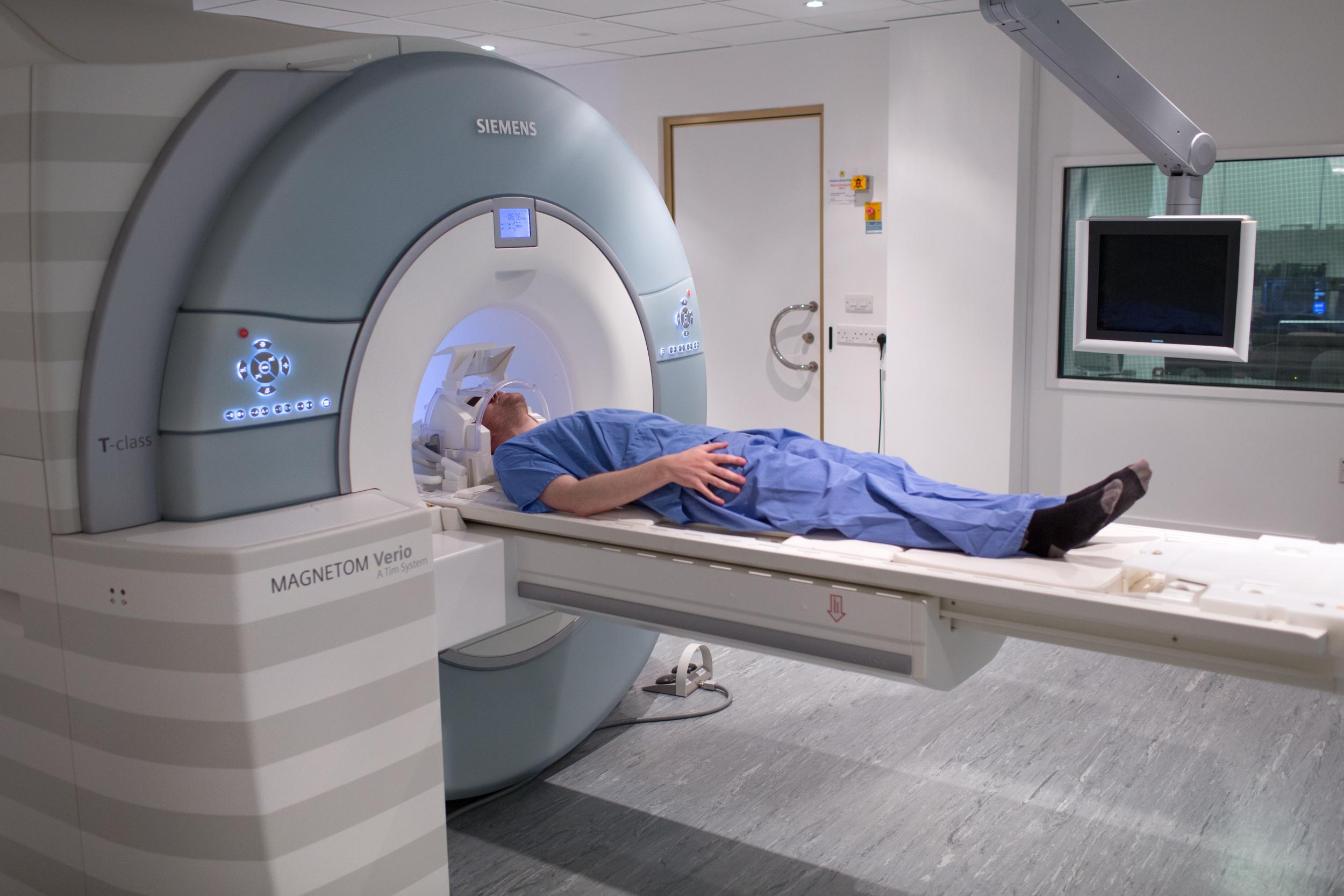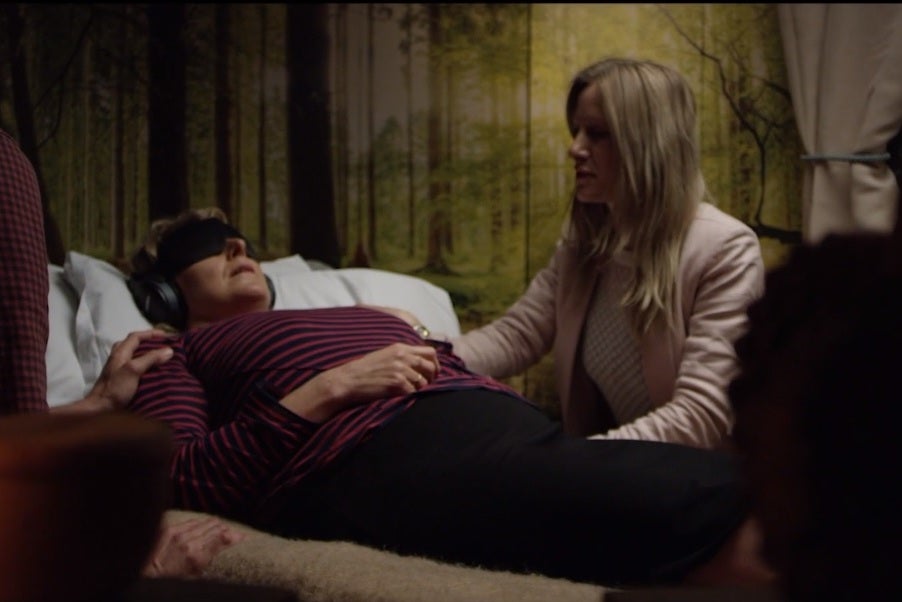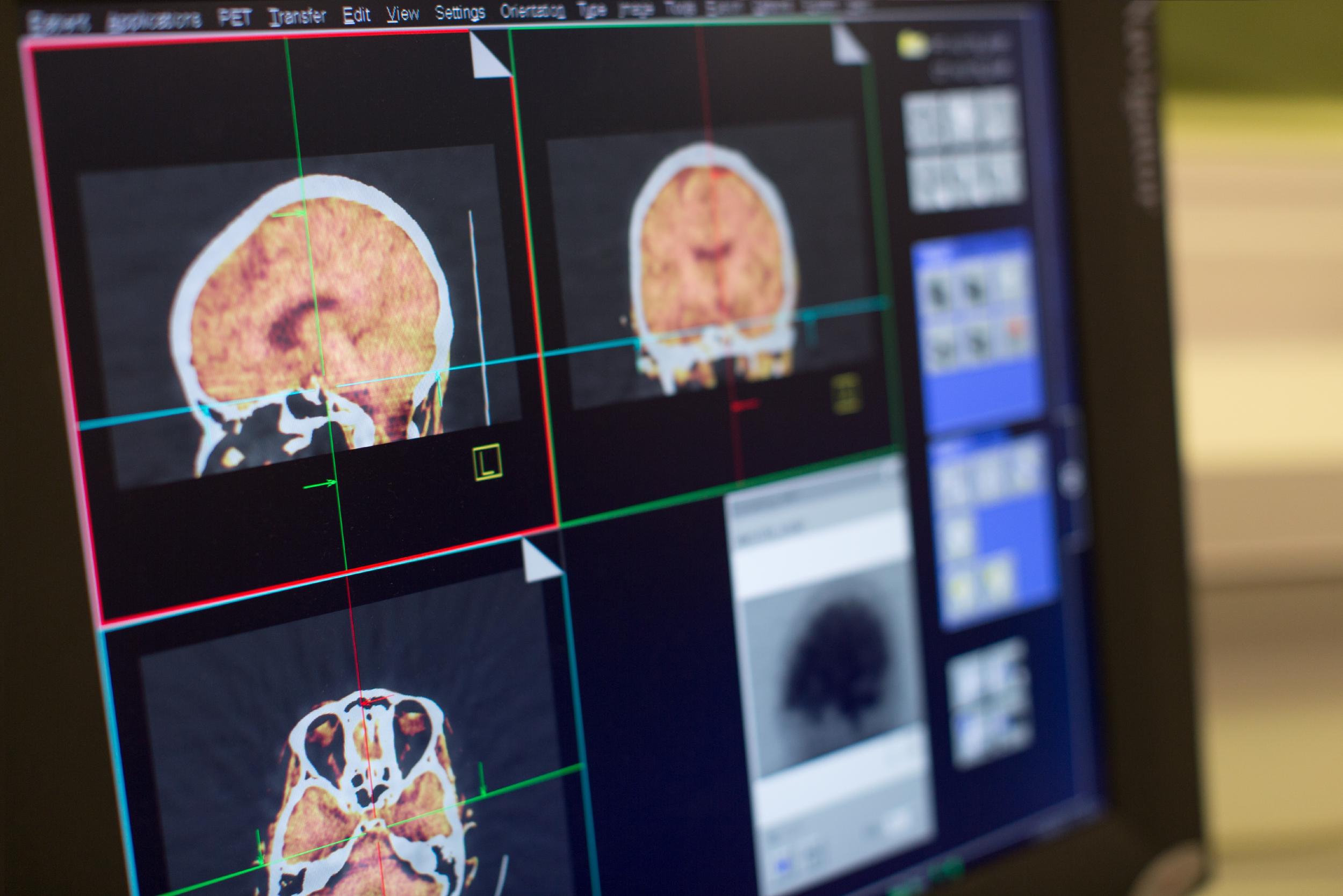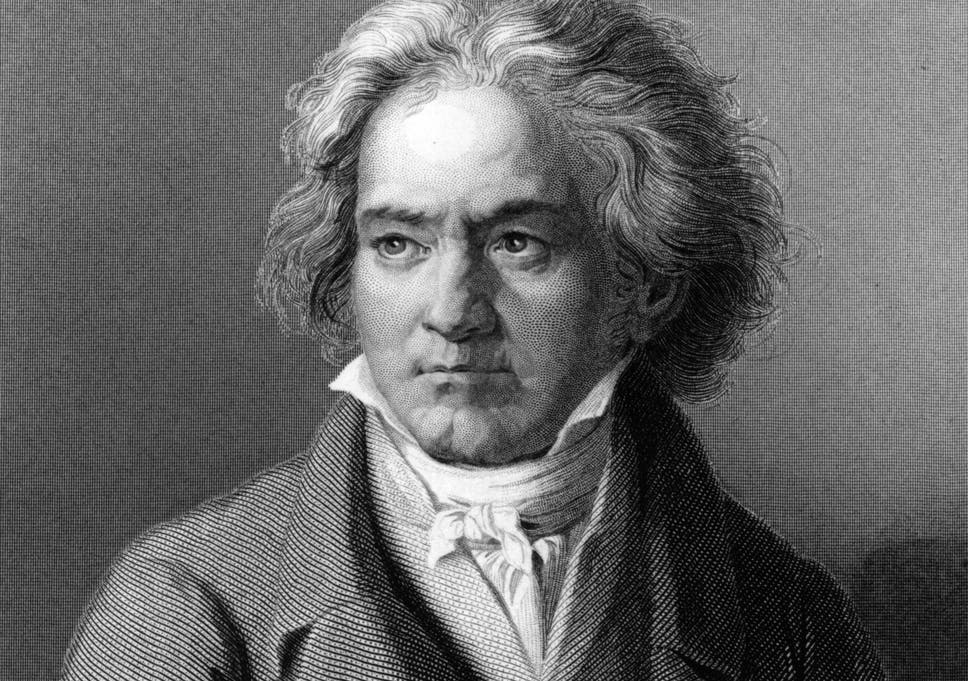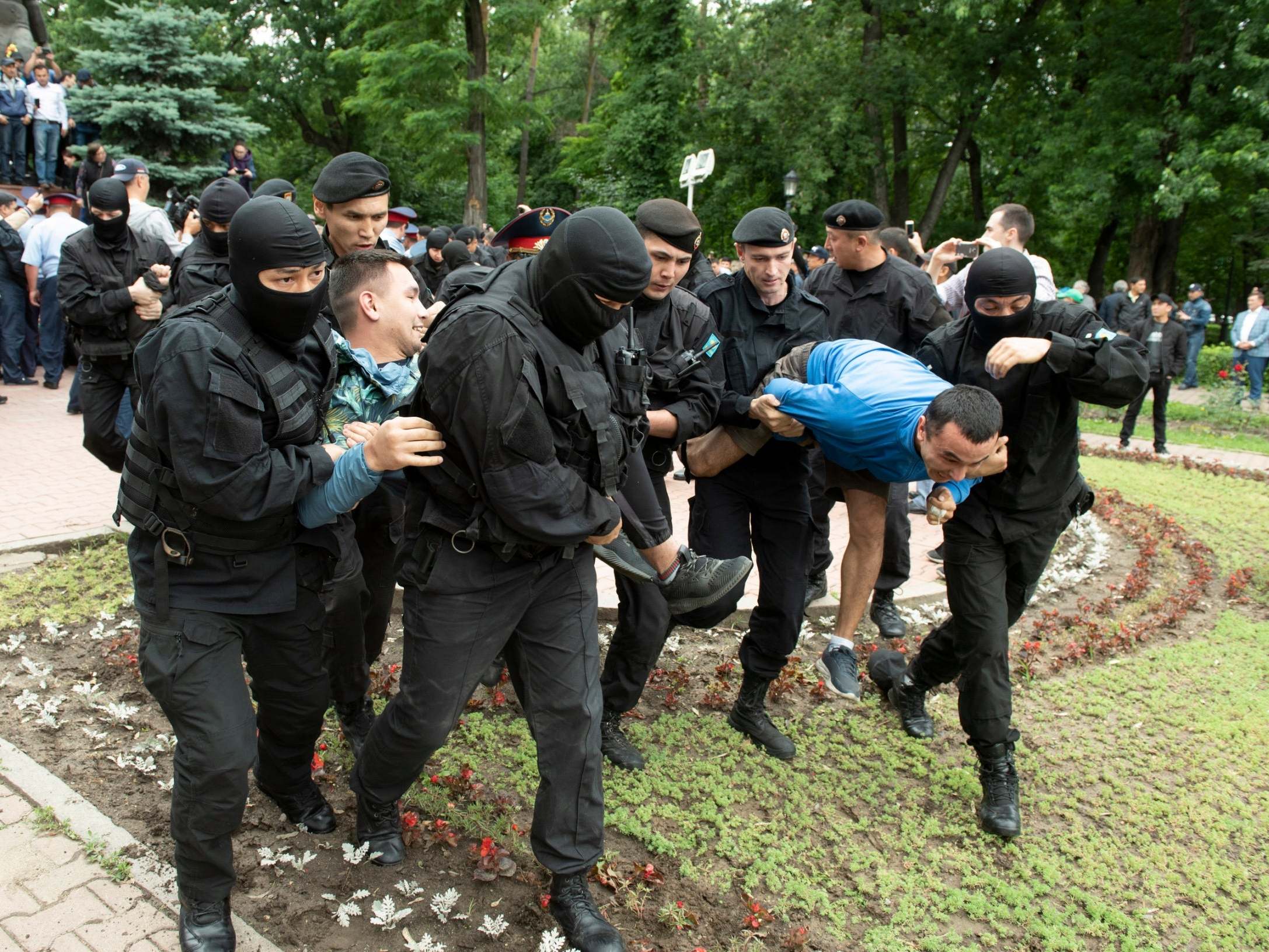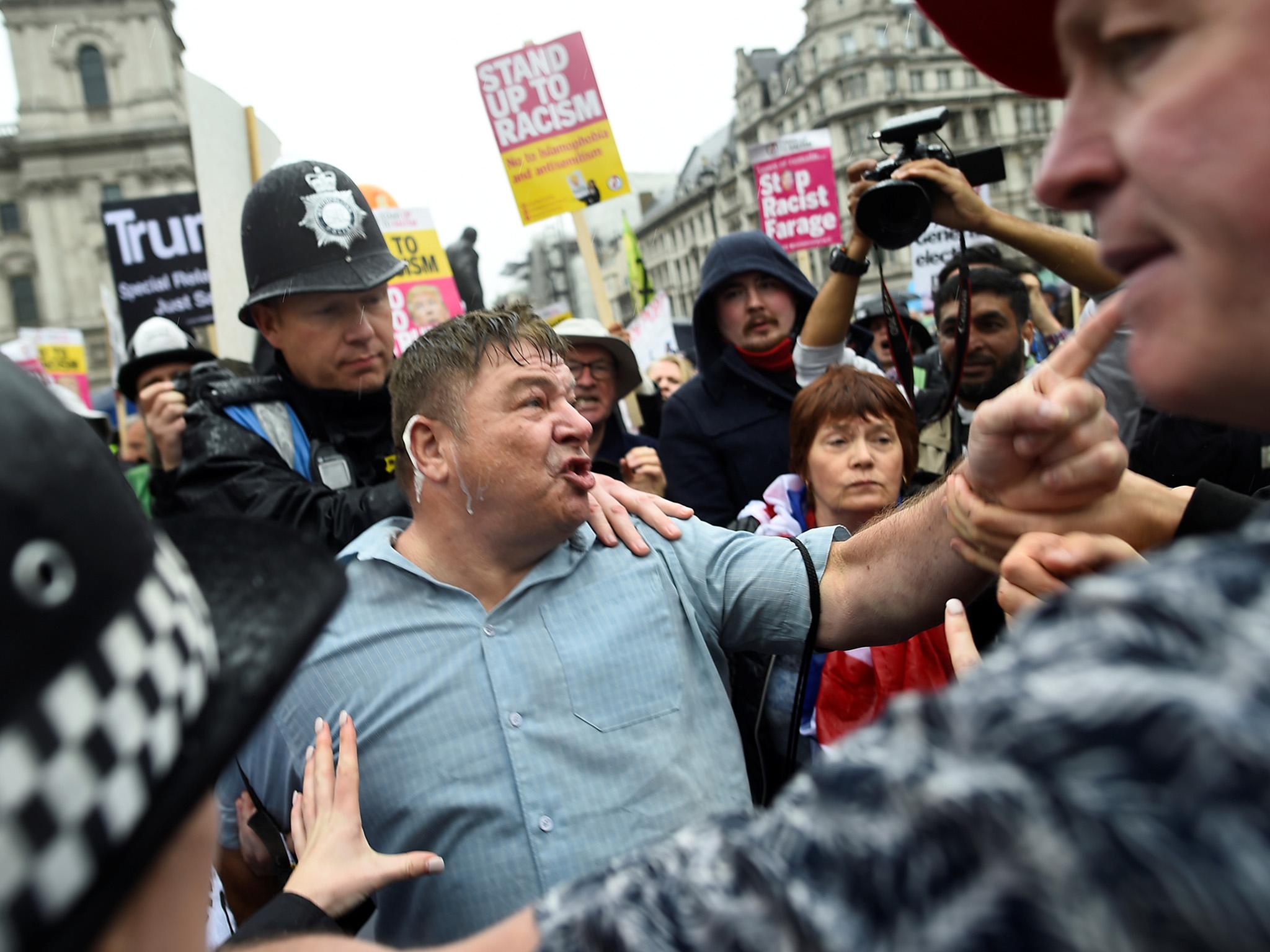RUSSIAN WHITE NATIONALIST SKINHEADS
Armed with pepper spray and punches, gang
members prey on anyone perceived to be engaging in ‘vice’
· Oliver Carroll Moscow @olliecarroll
‘Leo
against’ gang members are ‘cleansing Russia’ of all ‘immoral behavior’ (
youtube.com/user/lionversusSmoking )
Known
locally as “the pit”, the amphitheatre at Khokhlovsky square is a
jewel in Moscow’s regeneration crown. Built around a fragment of the
old city wall, the contemporary space is everything that the capital usually
isn’t – simple, generous, public and free. Ever since it appeared in 2017, it
has acted as a magnet for Moscow’s trendiest to gather and make merry.
But
last Friday, the capital’s hipsters came face to face with a very different
side of contemporary Russia.
At approximately 10pm
local time, a group of shaven-head, thick-built and tracksuited young men
arrived at Khokhlovsky square. They admonished the revellers for drinking
alcohol in a public space. Then scuffles broke out, and bottles began to be
thrown. Almost as quickly, the sportsmen produced pepper spray from their
pockets. They targeted those who offered resistance, and then sprayed more
generally.
Social media footage
from the incident shows victims holding their eyes and stamping the ground in
agony. Some five people were treated for burns.
When police arrived,
they arrested at least one of the victims and led another dozen off to write
witness statements. None of the tracksuited men were arrested.
Anti-Putin protests: hundreds of
demonstrators arrested in Russia
Show
all 22
Unbeknownst
to the hipsters at the time, they had become the latest target of a group of
“healthy living” vigilantes, going by the name of “Leo against”.
The brainchild of a
neo-Nazi called Maxim Lazutin – the name come’s from Lazutin’s Zodiac sign –
the group’s idea is as primitive as it is ironic: protecting Russia’s public
and moral order by attacking anyone they see smoking, drinking or using foul
language.
Their methodology is
as well-worked as it is well-monetised. The group film their “public order”
raids, which usually end in punches and pepper spray. Then, they post
their videos on YouTube, earning significant advertising revenue from
their nearly two million subscribers in the process. The group have been active
at some level since 2014, but in recent months they have stepped up their
operations.
On
Sunday, The Independent became an
accidental witness to the latest of the group’s raids. The target this time was
a gathering of homeless men and women drinking near Kazan station in central
Moscow.
With cameramen in
tow, at least four tracksuited men attacked the gathering. Initially, the men
tried to forcibly confiscate alcohol. Their victims offered tepid resistance,
which was was followed by pepper spray, delivered directly into the eyes. Two
of the homeless men retaliated using whatever weapons they could get hold of: a
metal bin, then vodka bottles.
When police
eventually arrived, they showed no interest in arresting the attackers.
“Leo against” is by
far from the first vigilante project of its kind to hit Russian streets in
recent years – or indeed the first to feature founder Maxim Lazutin.
For several years,
Lazutin collaborated with Maxim Martsinkevich, a fellow neo-Nazi going by the
name Tesak (“Hatchet”). Together, the two men carried out dozens of honeytrap
operations, luring gay men into liaisons with teenagers. The videos Tesak and
Lazutin produced under the banner of “anti-pedophilia” were shocking – as much
for the extreme violence and humiliation they dished out to their
victims.
Around
the time Tesak was arrested in Cuba on
extremism charges in 2014, Lazutin switched to another vigilante operation with
links to the Kremlin. Translating awkwardly as “Stop Rudeness”, Stopkham was
inspired by former members of the defunct pro-government youth movement
“Nashi”. Its activists played the role of vigilante traffic police, attaching
difficult-to-remove stickers to cars parked illegally. They caught leading
politicians and celebrities, and their videos, often accompanied with violence,
were viral sensations.
Now, as then, there
is more than a hint that Lazutin and his fellow vigilantes enjoy the protection
of at least part of Russian officialdom. No action has ever been taken against
“Leo Against” activists, despite evidence of unprovoked attacks. Police
officers have even accompanied their raids. On at least two occasions in
2014-15, the group received government grants totalling 12m roubles
(roughly £150,000) for “social control” over Russia’s anti-smoking laws,
according to official government records. Lazutin denies receiving this
money.
The Independent attempted to
reach Lazutin and members of the group for comment via a number channels, but
requests went unanswered.
A former member of
the group, Dmitry Udarov, told a local media station that the vigilante group
had “hyped” itself out of control. An obsession with monetising YouTube
advertising revenues, he said, had radicalised them to violence: “They’ve
begun to behave outrageously, provoking people who just happen to be standing
by.”
After initially
agreeing to talk, Mr Udarov also turned down the offer to contribute to this
article.
TO SEE VIDEO AND PICTURES CLICK ON LINK IN TITLE
TO SEE VIDEO AND PICTURES CLICK ON LINK IN TITLE
